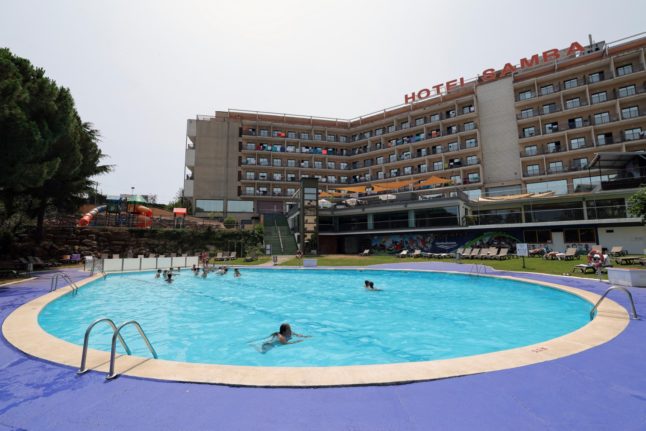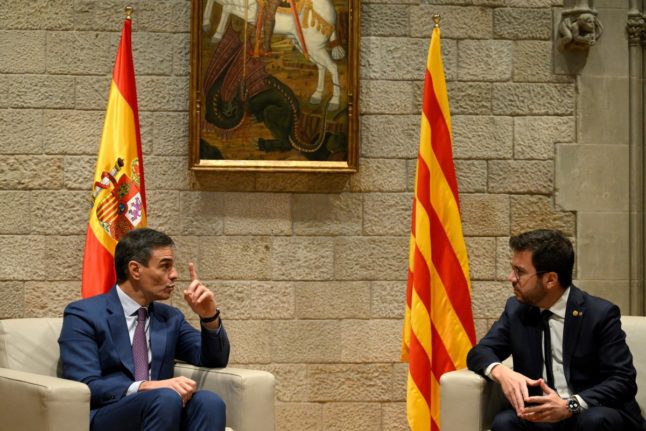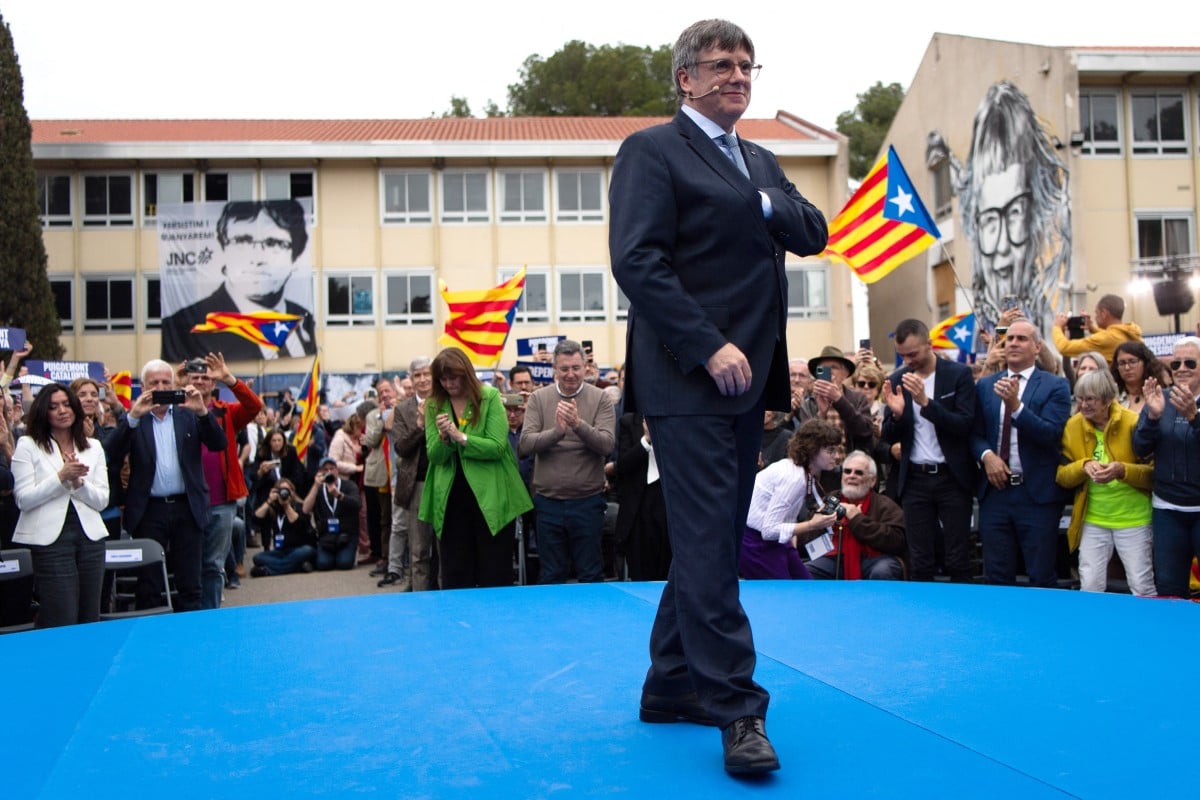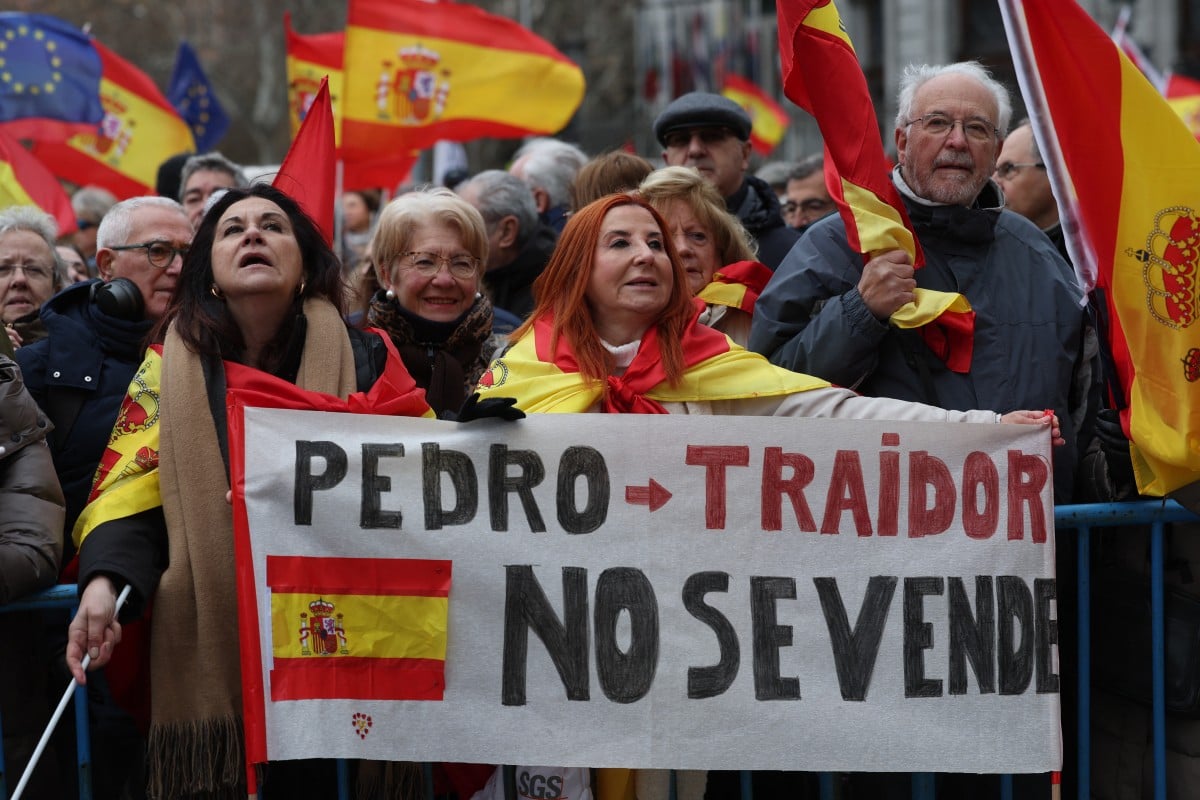Catalonia’s Generalitat government will give town halls the power to decide whether private swimming pools in their municipalities can be filled up with water in the midst of an ongoing drought in the region of 8 million inhabitants.
The measure was announced on Tuesday by government spokesperson Patrícia Plaja, after explaining that the Catalan government has approved a decree to create a census where each municipality will introduce its so-called “climate shelters” during what is expected to be another summer of sweltering heat.
Catalonia has been experiencing a drought for several years and there are already restrictions in place across the region.
Recent heavy rain over Easter was welcome but it didn’t do enough to fix this long-term problem.
Town halls will therefore decide which hotel, sport complex and residential community pools are considered climate shelters and will establish the conditions of use, such as access pricing or free access, capacity requirements and the need for a lifeguard.
If mayors judge that there aren’t enough municipal pools nearby for residents, they are likely to force hotel and residential pools paid by communities of neighbours to open to the general public.
If private owners refuse to do so, they will not be allowed to fill up their swimming pools.
“This summer we will see hotel pools closed because they do not meet the minimum requirements to be a climate shelter,” Plaja concluded.
Hotels will also have to control guests’ water usage, from 90 to 115 litres per person, depending on the drought emergency level.
There is no indication that the measure will affect individuals with swimming pools in their properties.
READ ALSO: Barcelona to send letters to 24,000 residents who use too much water





 Please whitelist us to continue reading.
Please whitelist us to continue reading.
Member comments